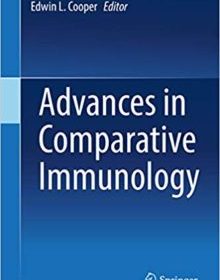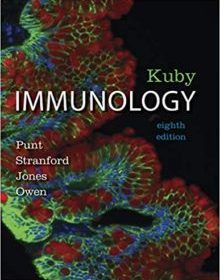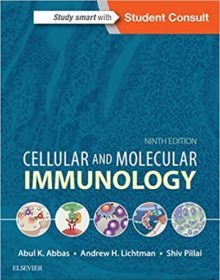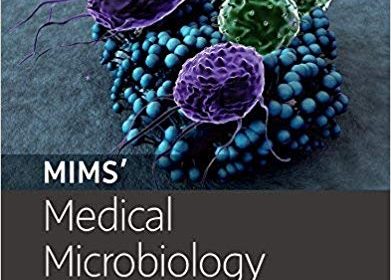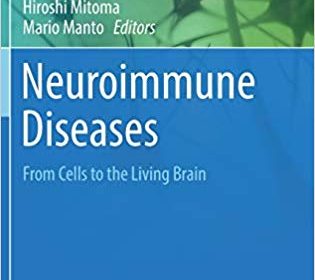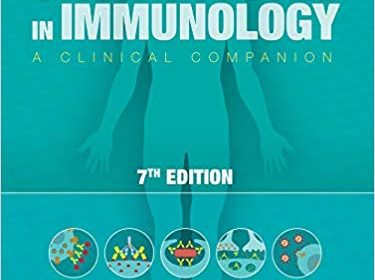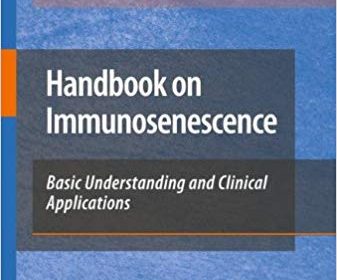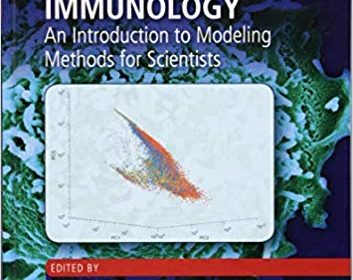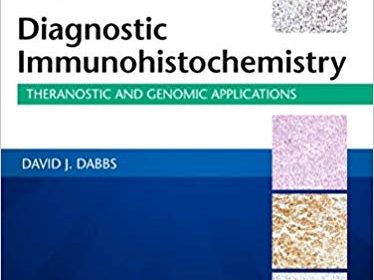Immunological Tolerance: Methods and Protocols
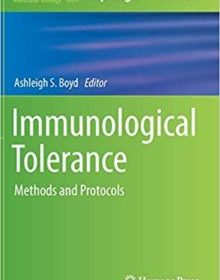
Immunological Tolerance: Methods and Protocols
This edition provides a detailed, up-to-date overview of methods used in the field of immune tolerance. Chapters guide readers through tolerogenic cell types, isolating tolerogenic cell populations for study and therapeutic utility, multiple methods to study the mechanisms underpinning tolerance, methods to induce tolerance through thymus progenitors, and methods to assess the breakdown of immune tolerance in specific pathological conditions. Written in the highly successful Methods in Molecular Biology series format, chapters include introductions to their respective topics, lists of the necessary materials and reagents, step-by-step, readily reproducible laboratory protocols, and tips on troubleshooting and avoiding known pitfalls.
Authoritative and cutting-edge, Immunological Tolerance: Methods and Protocols aims to ensure successful results in the further study of this vital field.

